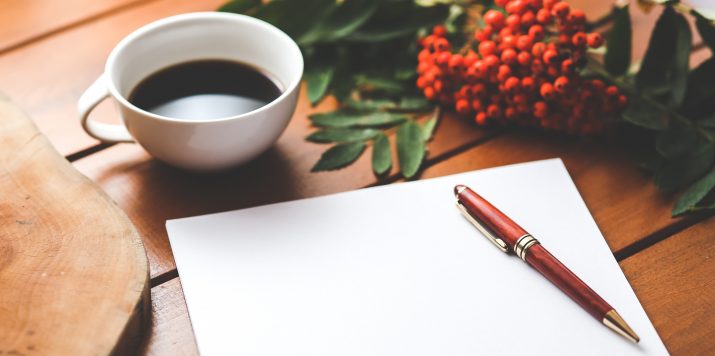In the spirit of National Novel Writing Month (#NaNoWriMo), this November we’re sharing some top tips from some of our most prolific authors about how to stay motivated, source some inspiration and hone your craft. Each of these writers has written 100 books for Mills & Boon, making them experts in the field! Read on for their pearls of wisdom…
*
I find that valuing and protecting my writing time is both difficult and essential and I have got better at it over the years. Whether it’s a small window of time, or a whole day, it is important to guard it.
Examine how you work best and accept that it will change and try to catch it when it does. An example of this is, I used to lock myself away from the world (be it a hotel, or just setting up home so that I don’t need to go out/ cook etc) and really immerse myself in my first, (always) very messy, first draft. Now I find that the first draft is the easier part – I could write in the middle of a busy street when the ideas are firing and not notice the world around me. So now I try to make ‘end of book’ plans and will lock myself away for that stage of the story.
Love your characters, but be devoted to one. If you completely love your hero then your heroine shall too and he can get away with so much more. It’s the same the other way around. If you can’t help but adore her, despite annoying traits, your hero will do the same.
It’s good to read popular writers to work out their appeal, but wise to also focus on discovering your own unique voice. Is your strength in creating sympathetic characters? Strong interesting and unusual plot lines? Those are the extras you can bring to your storytelling.
Also, my own oft-repeated mantra, try, try, try again because only you lose out if you stop writing and trying because practice does bring improvement.
As a writer for Mills and Boon, knowing what is expected in the True Love series, I do a lot of research when choosing the location for a story. Knowing the history of an area, knowing the kind of people who’d lived there over the centuries, knowing its weather patterns and temperature, knowing the wars and various cultures, the type of economy—all this helps create a true and rich picture that goes into the development of the major characters who live there.
I also like to research the literature of the country to add interest to the story I’m writing. My last two novels took place in Provence, France. There’s a great amount of material available about the romance of wine. At the moment I’m working on two Greek novels and have found inspiration from some of the marvelous Greek myths that I weave into my work to add fascinating tidbits to the plot. One novel I wrote recently had to do with the works of Lord Byron while he was in Switzerland. You never know what you may find when you look into the literature of the area involved.
Learn how to describe your story in a single sentence, which will make people hunger to read it; i.e. playboy sheikh needs an ugly bride so he won’t be tempted to consummate his short lived marriage of convenience.
Isolate a key fact about each of your protagonists which has helped make them the people they are today, i.e. a billionaire who had known real hunger as a child: it took a long time before he learned how to eat slowly.
Don’t give up if it doesn’t work first time. If you get a rejection letter, read it, learn from it, try again. Know your genre, know your subject matter.
Life can all too easily gets in the way. Have a notebook by the bed and in your bag. If an idea hits you, jot it down! You’ll be amazed at how much you can forget… I found a scrap of paper the other day with a scribbled note from years ago, and my brain started firing instantly.


